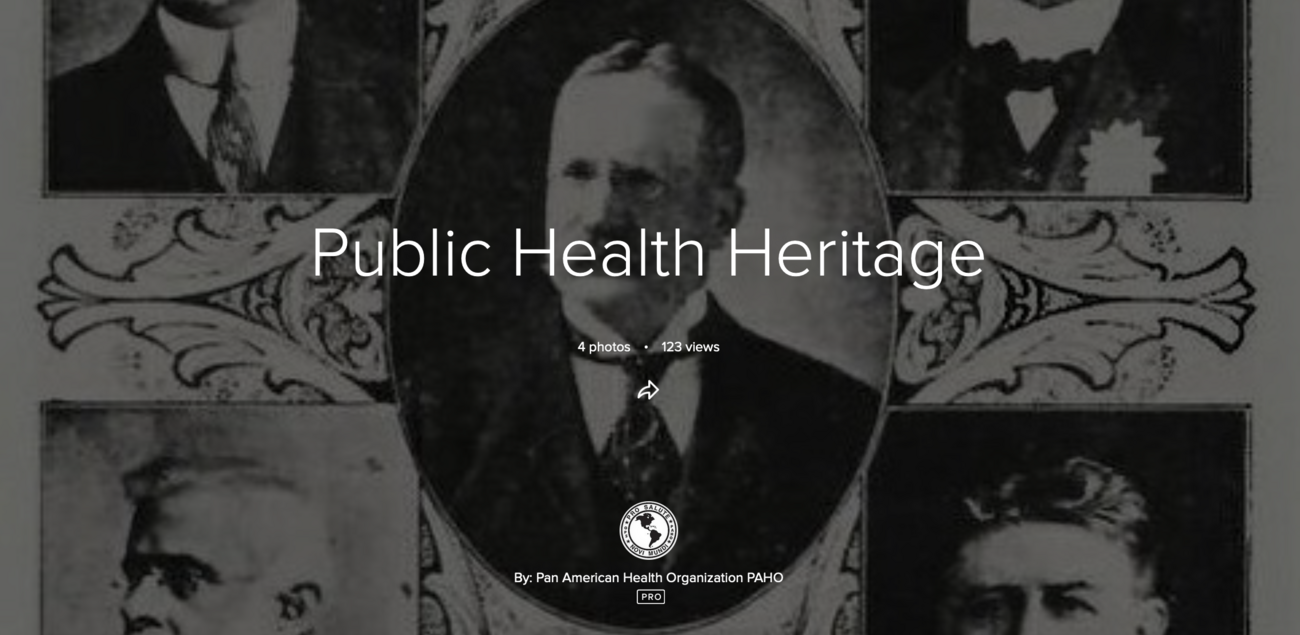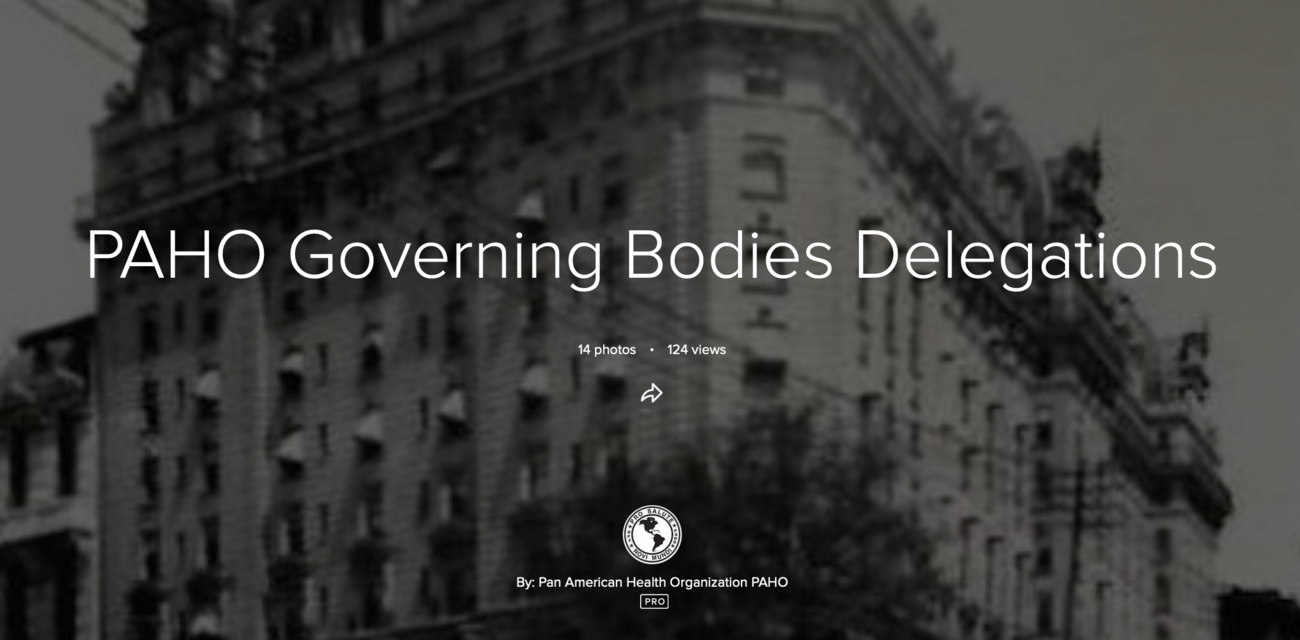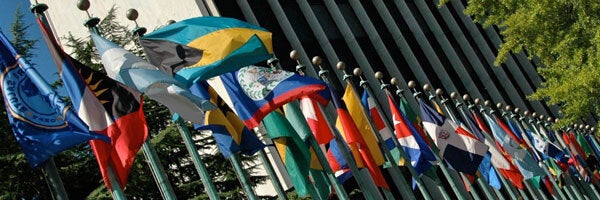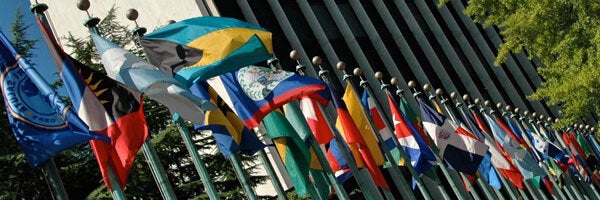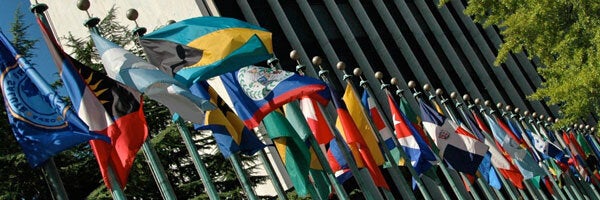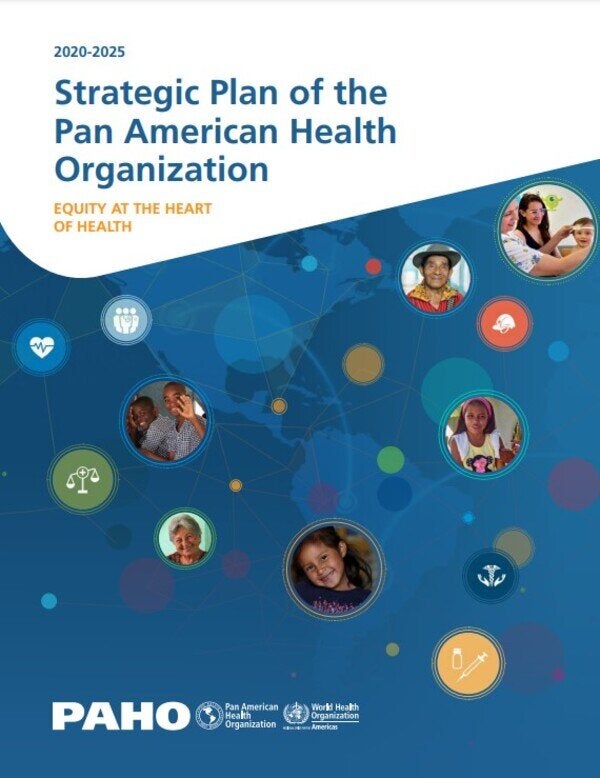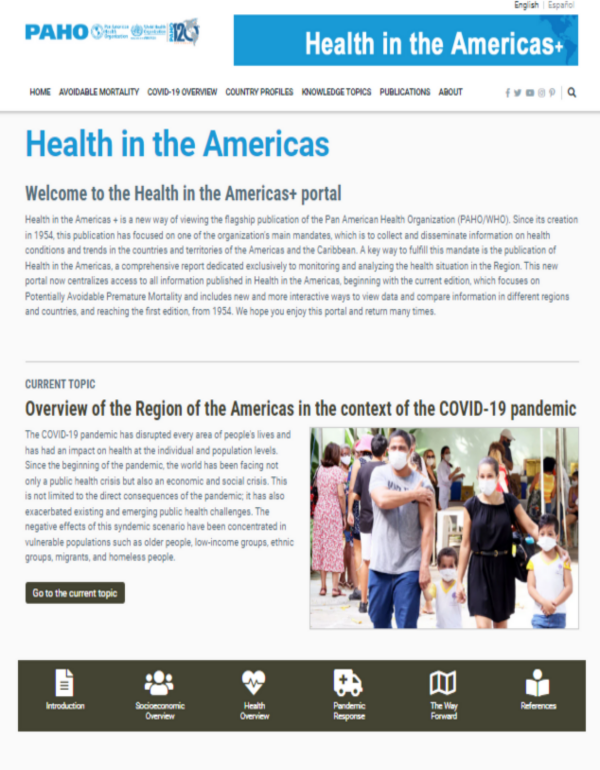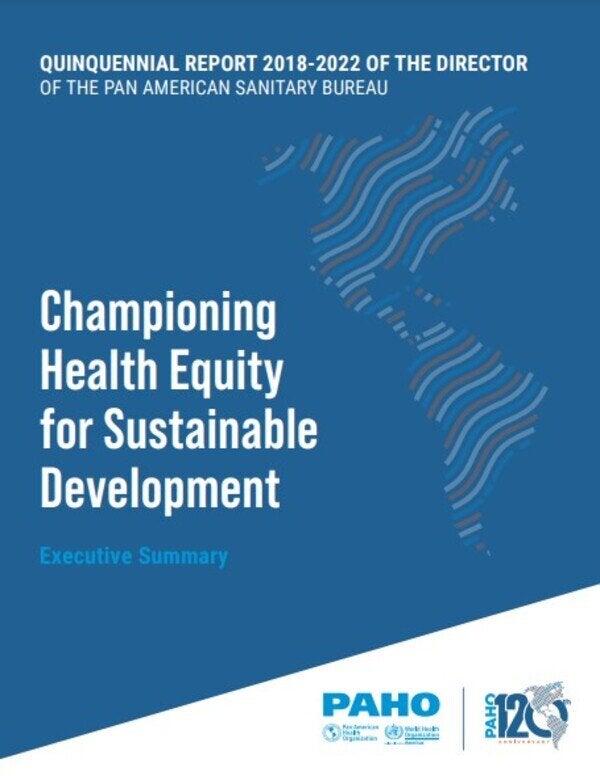The PAHO Headquarters Library and Access to Information Services supports the work of the Organization and provides professional and technical services to its staff and external users. It also collects, organizes, preserves and disseminates the scientific and technical literature produced by the Organization.
Main products/services
-
-
Search all PAHO's publications, technical documents and Governing Bodies meetings
-
-
-
Support/liaison for the 22 eligible countries/territories in the Region of the Americas. Check out an interactive map with the different groups each country belongs to.
-
-
Forum Healthcare Information for All (HIFA)
-
Moderation of HIFA Portuguese
-
-
Countries Profiles on Knowledge Management and Access to Health Information in the Americas
-
These profiles provide statistics and metrics of scientific production in the main bibliographic databases, training and workshops carried out in a given period. The data included in these profiles is from a permanent survey of the technical cooperation between the PAHO and its Member States in the Region of the Americas.
-
- Knowledge Topics
-
Knowledge topics that pear each subchapter of Health in the Americas 2022 containing key scientific, technical and informative information.
-
-
-
Useful resources and tips to learn, disseminate, use, and retrieve information on Public Health and Medicine. This page is updated as new resources and databases become available.
-
Visit also:
- PAHO’s Initiative: Good Practices in Public Health: Experiences and Lessons Learned from the Americas
- PAHO/WHO Collaborating Centres
- Pan American Journal of Public Health



